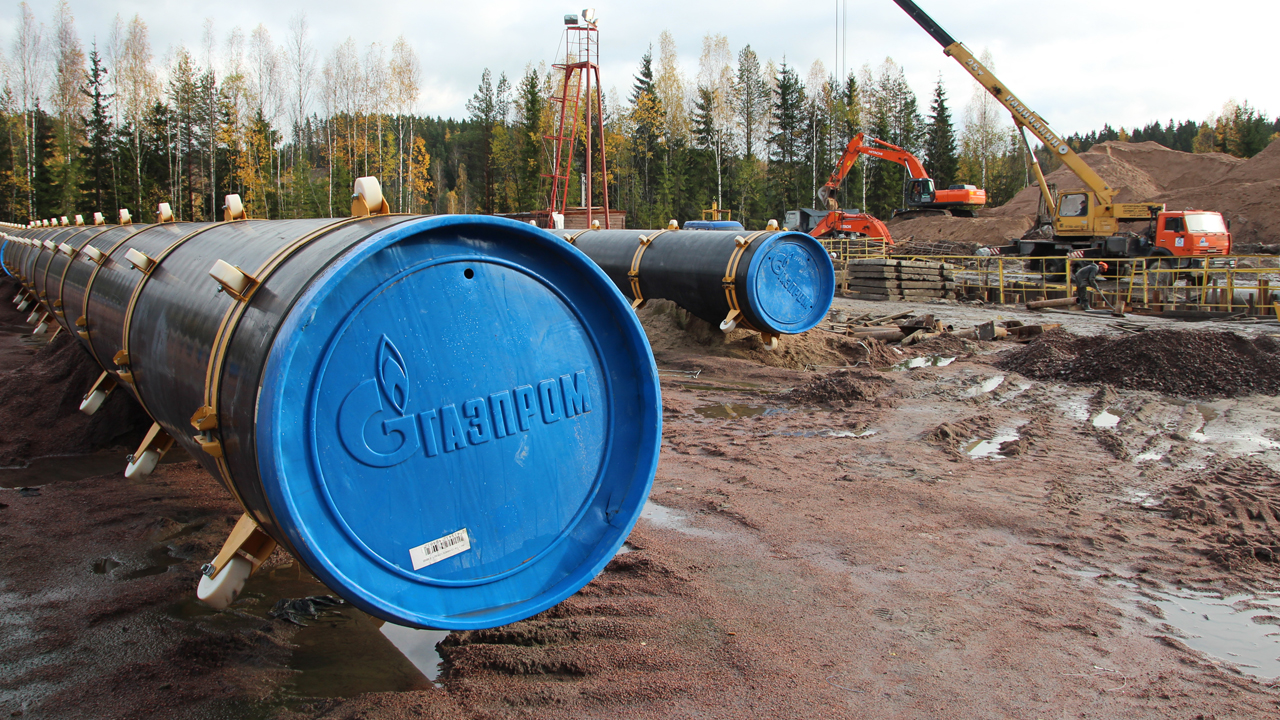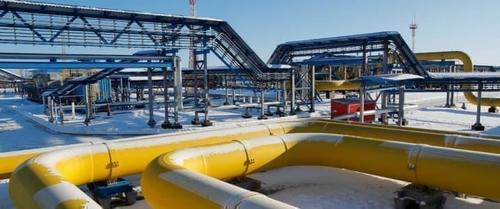[ad_1]

The firm Gazpromneft, an oil subsidiary of the Russian natural gas and global energy company Gazprom, is giving bitcoin mining operations the chance to power operations by using excess gas for electricity. The Russian firm has allowed a small mining operation to benefit from the excess gas by mining bitcoin on-site at the oil field.
According to multiple reports, the Russian oil drilling subsidiary Gazpromneft is giving bitcoin miners the ability to utilize excess gas from oil drilling to mine the leading cryptocurrency.
A small mining operation called Vekus was the first to leverage Gazpromneft’s excess gas just like mining operations in North America such as Greenidge Generation, Crusoe Energy Systems, EZ Blockchain, and Upstream Data. The regional publication Forklog said that Vekus installed a container filled with 150 Antminers and during the test pilot the group used “49,500 cubic meters of associated gas and produced 1.8 BTC.”
The CFO of Vekus, Yuri Kudryashov, commented on the project and said:
The lion’s share of the cost of mining is electricity costs. For this reason, Vekus is constantly looking for reliable sources of cheap electricity. We gladly responded to the proposal of Gazpromneft to organize a pilot project at one of the fields.
Gazpromneft supplied the electricity processed from the excess natural gas and the electricity prices Vekus received were far cheaper than purchasing it directly from the grid. Reports also note that Vekus has handled all the equipment maintenance and collection of statistics as well. The Russian energy giant plans to invite more bitcoin miners to the facility so they can benefit from the excess natural gas.

Kudryashov detailed that the biggest hurdle the small mining operation faced was the coordination with the oil field’s employees and getting the necessary permits for the operation.
“Delivery of the equipment does not take too long. The main part of the work is the preparation of permits, coordination of actions with oilmen, installation of equipment, and connection to the field’s power grid,” Kudryashov stressed.
The Vekus executive further added:
At the same time, you have to solve problems that do not arise in the city: set up the Internet, build a hangar to protect equipment from dust, and organize the life of people who are involved in servicing the container.
The signs of bitcoin miners using excess gas and renewable energy sources to mine the cryptocurrency, cements the fact that the bitcoin mining industry is going industrial. Just like Gazpromneft offering miners a chance to leverage the excess gas to mine bitcoin, the New York-based company Greenidge Generation offered the same type of services last year.
The Greenidge operation is different, however, because it hosts its own 7,000 bitcoin miners, but in April 2020 the ‘behind-the-meter’ bitcoin mining operation sold 106 petahash of hashpower to an undisclosed buyer.
What do you think about Gazpromneft allowing bitcoin miners to benefit from the excess gas from the Russian oil field? Let us know what you think about this subject in the comments section below.
Image Credits: Shutterstock, Pixabay, Wiki Commons, Gazpromneft,
Disclaimer: This article is for informational purposes only. It is not a direct offer or solicitation of an offer to buy or sell, or a recommendation or endorsement of any products, services, or companies. Bitcoin.com does not provide investment, tax, legal, or accounting advice. Neither the company nor the author is responsible, directly or indirectly, for any damage or loss caused or alleged to be caused by or in connection with the use of or reliance on any content, goods or services mentioned in this article.
[ad_2]
Source link



